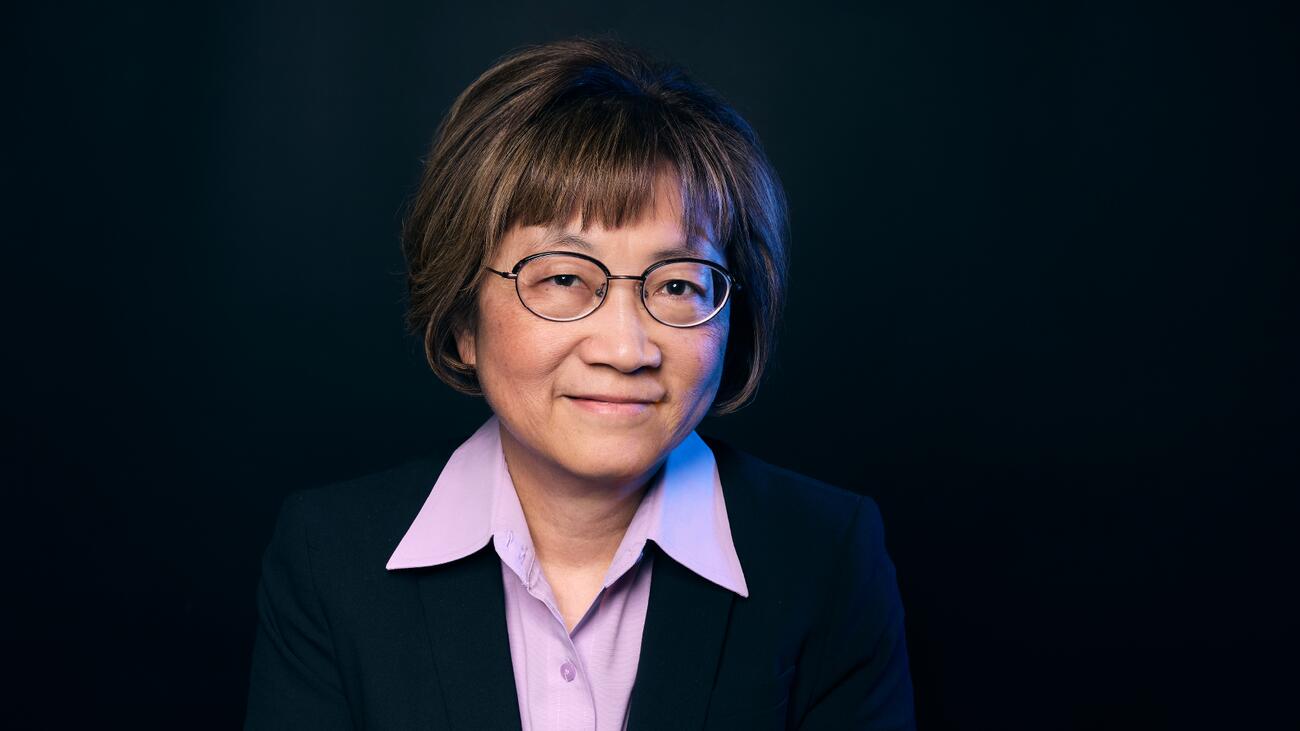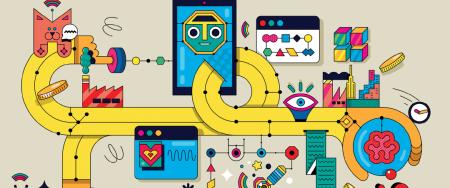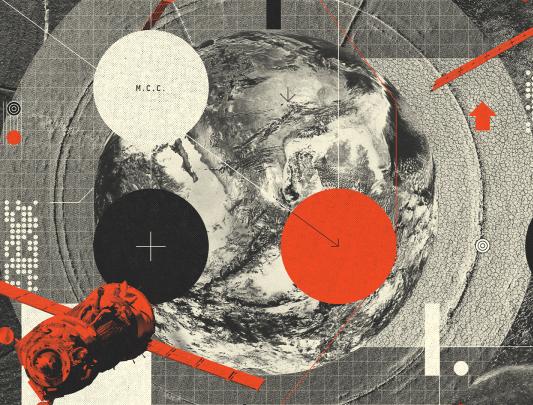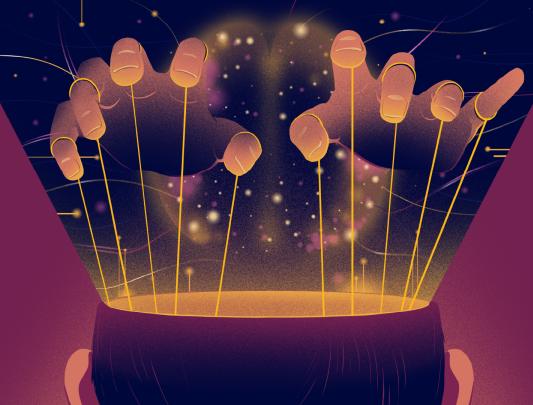
Photography By Kyrani Kanavaros
Just what the doctor ordered
Cardiologist Teresa Tsang is using AI to advance and democratize cardiac imaging in BC.
Dr. Teresa Tsang, a distinguished cardiologist specializing in ultrasound imaging of the heart, also known as echocardiography, leads the UBC-VGH AI Echo Core Lab with a passionate commitment to advancing AI in cardiac imaging. Her work focuses on democratizing and improving access to echo imaging in BC, particularly for those in underserved regions.
AN IMAGING REVOLUTION
Invention is born out of necessity. The COVID-19 pandemic was a time of urgent need that sparked a wave of innovation, particularly in adapting healthcare technologies for those in rural and remote areas. Traditionally, patients from these regions would travel to urban centres for diagnostic procedures like ultrasound imaging. However, the pandemic introduced critical risks associated with transferring patients, including the potential spread of the virus.
Tsang and her team in the AI echo core lab rose to the occasion. In partnership with Providence Health Care, UBC, industry leaders, and the Rural Coordination Centre of BC, and supported by Canada’s Digital Technology Supercluster, they developed a digital network that enabled the use of point-of-care hand-held ultrasound devices by health providers in distant BC locations.
About the size of a smartphone, these AI-empowered devices are small but mighty. Their initial use in early COVID times enabled heart and lung images acquired from patients residing in remote areas to be transmitted to the AI echo core lab for rapid interpretation. The team went on to validate a number of AI technologies for rural physicians to use with the units, including the ability to differentiate various ultrasound views and provide quality assessment, making it easier for novice users.
This landmark initiative, which is considered the world’s first and largest publicly funded point-of-care ultrasound imaging network to support rural patients and First Nations communities, has been widely recognized as a major BC contribution during the pandemic. The Hon. François-Philippe Champagne, minister of innovation, science and industry, referred to it as “transformational” and “writing history.”
“AI is the catalyst for healthcare transformation. It's about turning data into diagnoses, insights into interventions, and challenges into opportunities. It isn’t just innovation, it’s revolution.”
~ Teresa Tsang
Ensuring the accuracy of AI-facilitated ultrasound imaging requires being cognizant of the fact that heart structure, function, and physiology can vary across groups due to genetics, biochemistry, sex, race, and other variables. Machine learning thrives on abundant data to identify patterns. Tsang’s team utilized data from hundreds of thousands of patients across BC to train their algorithm for accurate detection of heart function and valve disease. “An algorithm that is developed from a more homogenous group may not work as well if applied in BC, which has a diverse population,” says Tsang.
At Vancouver Coastal Health Research Institute, where she serves as executive director, Tsang is collaborating on a new data platform to integrate patient data from every health authority in BC. Developing AI tools with large data sets from a diverse group of patients will ensure that resulting AI tools are applicable for all BC residents. “For healthcare AI to truly serve its purpose, the data driving our algorithms must mirror the diversity of the patients it aims to help,” she says. “Only then can we ensure equitable and effective outcomes for all.”
SHORTER WAIT TIMES, IMPROVED OUTCOMES
The UBC-VGH AI Echo Core Lab is the largest echocardiography laboratory in BC. Tsang is committed to leveraging AI to enhance echo-imaging efficiency. “Echo-imaging is the workhorse in cardiology as it provides the diagnosis for many conditions, such as heart failure, myopathies, and various valve diseases to name a few,” she notes. “Delays in imaging will also lead to delays in treatment, including surgery if needed, further impacting patient outcomes.”
Over the years, AI applications have improved efficiencies and workflow in the echo lab. Beyond just speed, AI applications can improve image quality and enable more accurate assessment of heart structure and function. “With AI, we achieve greater precision and in less time,” says Tsang.
THE FUTURE OF AI IN HEALTHCARE
AI is crucial for the future of Canada's healthcare system – shifting the conversation from whether it will be integrated to how quickly. Educating physicians will be vital to this evolution, as the technology continues to develop at an exponential pace. “If we don't keep up with the rapid expansion and acceleration of knowledge, we'll quickly fall behind,” Tsang warns.
UBC already offers continuing education courses for physicians on AI-facilitated clinical care, and Tsang is confident of the benefits. Contrary to the fears that AI might depersonalize care or replace physicians – a common fear of skeptics – AI is actually enabling physicians to use their time more efficiently to better serve their patients. Tsang has engaged in consultations with patients and the public, discovering widespread enthusiasm for leveraging AI to enhance our healthcare system. “Ultimately, our goal is the same: to create an efficient and effective system that maximizes the time doctors spend caring for patients, ensuring the highest quality healthcare outcomes for everyone in our community.”



































